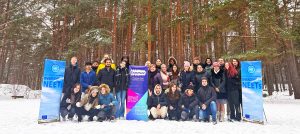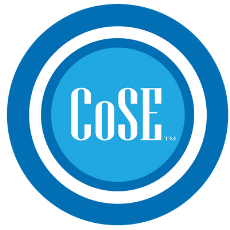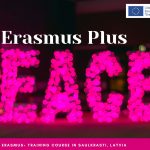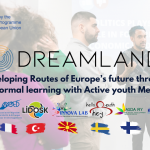Erasmus+ Project Overcoming NEETs
Project Reference: 2021-2-BE05-KA153-YOU-000039256
This project was in the form of a joint partnership project of 6 European consortium member organization (Romania, Lithuania, Spain, Lavia, Bulgaria, and Belgium). The term ‘NEETs’ is used as an acronym for ‘Youth not in employment, education or training’, this training course was therefore focussed on using non-formal training methodology including techniques such as peer-to-peer knowledge, ice breakers, style games, energizers, shadow groups, imaginative presentations, simulation, running into intercultural subgroups, discussions, expedited consideration, case study, and advanced operations during the days of the training course activities. We also created a Handbook for youngsters to use our practises and results as a follow-up to our activities. Including a YouTube project video were participants shared there findings, feedback and comments.
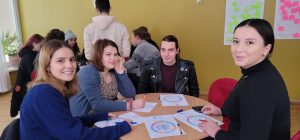 All activities of the training course were based on critical competencies. The trainers constructed the program to focus on one of the goals, and the motions have been put in a logical flow. The members also had a range of self-reflection and self-assessment tools independently or in small groups daily. The lecturers provided intellectual facts with a hands-on procedure for reducing NEETs using the methodology that had been proposed during the training program as a tool for operating with youngsters. these tools can be use to further develop their career in new ways.
All activities of the training course were based on critical competencies. The trainers constructed the program to focus on one of the goals, and the motions have been put in a logical flow. The members also had a range of self-reflection and self-assessment tools independently or in small groups daily. The lecturers provided intellectual facts with a hands-on procedure for reducing NEETs using the methodology that had been proposed during the training program as a tool for operating with youngsters. these tools can be use to further develop their career in new ways.
Objectives
The main objective of the “Overcoming NEETs” project is to equip young workers with the necessary educational skills and tools to be able to offer voluntary activities that help NEETs to take the first step, either for green employment or for training/education. In this sense, the specific objectives of the project for youth workers are:
- Provide useful non-formal educational tools for young workers that are essential to analyze the reality of young NEETs, while empowering the young NEETs in their communities to let them realize their potential in opportunities.
- Understand the impact of youth in a NEET situation and explore local realities.
- Know the interventions and forms of support for those who leave school prematurely and thus prevent future situations of NEETs.
- Provide young workers with the necessary knowledge to facilitate the transition from school to work and thus promote the ecological employability of young NEETs.
- Understand how Erasmus + and other EU programs can be used to engage young people in NEET situations.
- Prepare youth workers to apply what they have learned in their youth work practice.
Impact
The impact of these future programs, as well as the transmission of knowledge and experiences acquired during the TC’s to other needs for youngsters and to the local youth in general are expected to be beneficial for the outcomes of the training course, beyond the group of direct beneficiaries. Partner organisations included;
- Centrines Europos tribuna
- Europeyou
- Latvijas jauniešu attīstības centrs
- SDRUZHENIE ALTERNATIVI INTERNATIONAL
- Circle of Sustainable Europe (CoSE)
